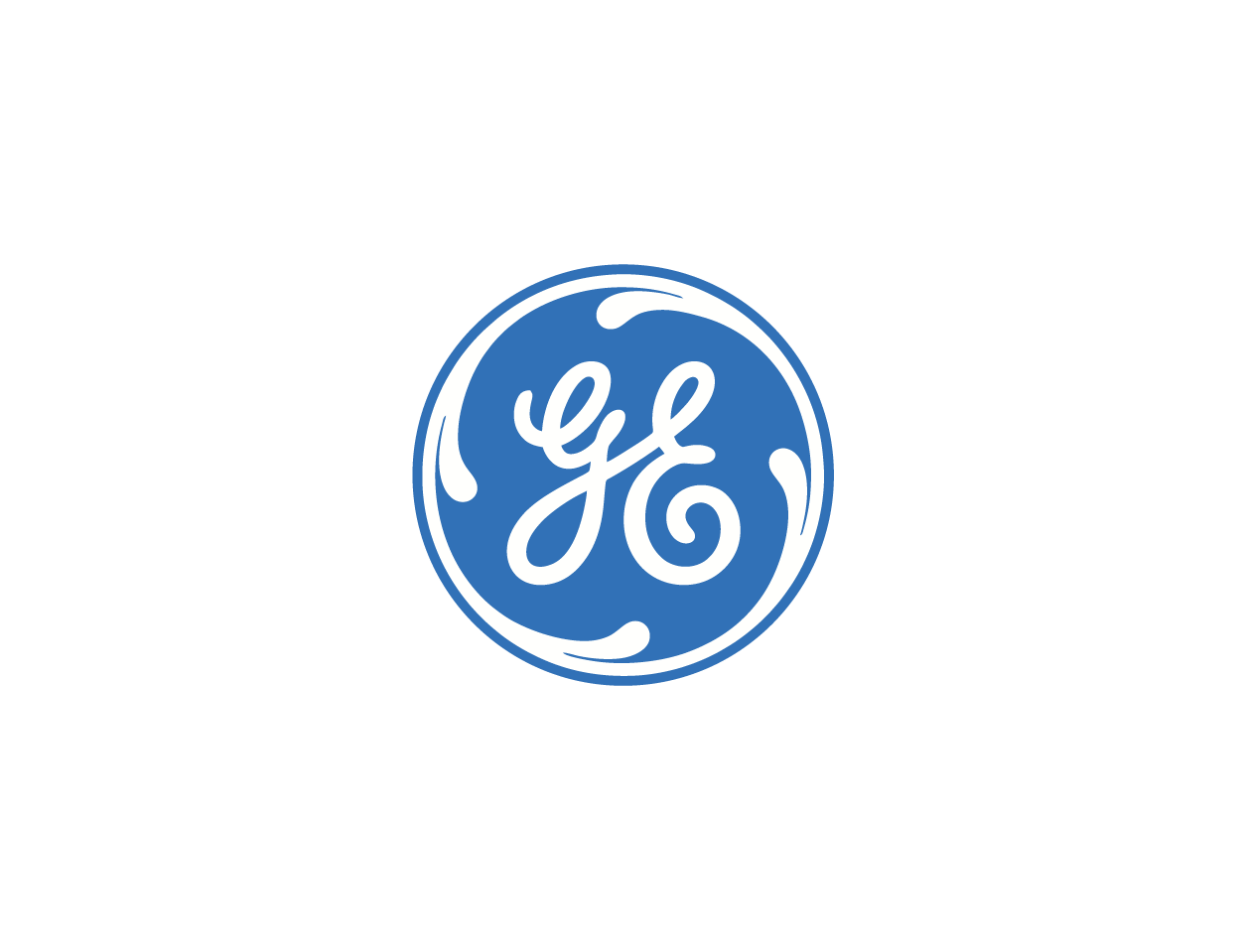Qatar Airways and Boeing: A Sky-High Deal Amid Controversy
May 17, 2025, 4:54 am

Location: United States, Illinois, Chicago
Employees: 10001+
Founded date: 1916
Total raised: $25.01B

Location: United States, California, San Ramon
Employees: 10001+
Founded date: 1892
Total raised: $750M
In a bold move that echoes through the aviation industry, Qatar Airways has signed a monumental deal with Boeing. The agreement, inked during President Donald Trump's visit to Doha, involves the purchase of up to 210 widebody jets. This deal, valued at a staggering $96 billion, marks a significant milestone for both the airline and the American aerospace giant.
The signing ceremony took place at the Amiri Diwan, where Trump stood alongside Boeing CEO Kelly Ortberg and Qatar Airways CEO Badr Mohammed Al-Meer. The atmosphere was electric, a blend of diplomacy and commerce. This deal is not just numbers on a page; it’s a lifeline for Boeing, which has struggled to regain its footing after a series of setbacks.
The agreement includes 130 Boeing 787 Dreamliners and 30 777X jets, with options for an additional 50 aircraft. This is the largest order in Qatar Airways' history and the biggest in Boeing's record. The significance of this deal cannot be overstated. It’s a testament to the resilience of Boeing and a vote of confidence from Qatar Airways.
The 787 Dreamliner is known for its fuel efficiency and passenger comfort. The 777X, however, has faced delays and certification hurdles. The first deliveries are not expected until 2026, six years behind schedule. Yet, Qatar Airways is betting on Boeing's potential. This gamble reflects a strategic vision to expand its fleet and enhance its service offerings.
Boeing's troubles have been well-documented. The company has faced safety concerns, manufacturing defects, and a lengthy machinist strike. The pandemic further complicated matters, leading to a significant downturn in demand. Yet, this deal could be a turning point. It promises to support thousands of jobs in the U.S., a point emphasized by the White House. The administration claims it will create 154,000 jobs annually, a claim that is met with skepticism by some.
The deal also includes a significant agreement with GE Aerospace for over 400 engines. This is the largest engine order in GE's history, underscoring the scale of the transaction. The engines will power the new jets, ensuring that Qatar Airways operates one of the most modern fleets in the sky.
However, the deal is not without controversy. Trump's acceptance of a luxury 747 jet from Qatar, intended to serve as the new Air Force One, has drawn criticism. Some view it as a conflict of interest, raising questions about the integrity of the transaction. Critics argue that the gift could be seen as a form of quid pro quo, potentially undermining U.S. foreign policy.
Despite the political storm, the economic implications of the deal are significant. Boeing has not posted a profit since 2018, and this agreement could help stabilize its finances. The company has a backlog worth over $500 billion, and this deal adds to that figure. It’s a much-needed boost for a company that has faced relentless challenges.
Qatar Airways, on the other hand, is expanding its horizons. The airline currently operates a fleet of 233 aircraft. This deal could nearly double its size, positioning it as a formidable player in the global aviation market. The airline's commitment to sustainability is also noteworthy. By investing in the latest aircraft technology, Qatar Airways aims to reduce its carbon footprint and enhance operational efficiency.
The timing of the deal is crucial. It comes at a moment when the aviation industry is beginning to recover from the pandemic's grip. As travel demand surges, airlines are looking to modernize their fleets. Qatar Airways is seizing this opportunity, ensuring it remains competitive in a rapidly evolving market.
The implications of this deal extend beyond the immediate financial benefits. It symbolizes a deepening relationship between the U.S. and Qatar. The partnership reflects a shared vision for the future of aviation, one that prioritizes innovation and efficiency. As both countries navigate the complexities of international relations, this agreement serves as a reminder of the power of commerce to bridge divides.
In conclusion, the Qatar Airways and Boeing deal is a landmark agreement that encapsulates the challenges and opportunities of the modern aviation landscape. It’s a story of resilience, ambition, and the intricate dance of diplomacy and business. As the planes take to the skies in the coming years, they will carry with them the weight of expectations and the promise of a brighter future for both companies. The aviation world will be watching closely, as this deal unfolds and its impact reverberates across the industry.
The signing ceremony took place at the Amiri Diwan, where Trump stood alongside Boeing CEO Kelly Ortberg and Qatar Airways CEO Badr Mohammed Al-Meer. The atmosphere was electric, a blend of diplomacy and commerce. This deal is not just numbers on a page; it’s a lifeline for Boeing, which has struggled to regain its footing after a series of setbacks.
The agreement includes 130 Boeing 787 Dreamliners and 30 777X jets, with options for an additional 50 aircraft. This is the largest order in Qatar Airways' history and the biggest in Boeing's record. The significance of this deal cannot be overstated. It’s a testament to the resilience of Boeing and a vote of confidence from Qatar Airways.
The 787 Dreamliner is known for its fuel efficiency and passenger comfort. The 777X, however, has faced delays and certification hurdles. The first deliveries are not expected until 2026, six years behind schedule. Yet, Qatar Airways is betting on Boeing's potential. This gamble reflects a strategic vision to expand its fleet and enhance its service offerings.
Boeing's troubles have been well-documented. The company has faced safety concerns, manufacturing defects, and a lengthy machinist strike. The pandemic further complicated matters, leading to a significant downturn in demand. Yet, this deal could be a turning point. It promises to support thousands of jobs in the U.S., a point emphasized by the White House. The administration claims it will create 154,000 jobs annually, a claim that is met with skepticism by some.
The deal also includes a significant agreement with GE Aerospace for over 400 engines. This is the largest engine order in GE's history, underscoring the scale of the transaction. The engines will power the new jets, ensuring that Qatar Airways operates one of the most modern fleets in the sky.
However, the deal is not without controversy. Trump's acceptance of a luxury 747 jet from Qatar, intended to serve as the new Air Force One, has drawn criticism. Some view it as a conflict of interest, raising questions about the integrity of the transaction. Critics argue that the gift could be seen as a form of quid pro quo, potentially undermining U.S. foreign policy.
Despite the political storm, the economic implications of the deal are significant. Boeing has not posted a profit since 2018, and this agreement could help stabilize its finances. The company has a backlog worth over $500 billion, and this deal adds to that figure. It’s a much-needed boost for a company that has faced relentless challenges.
Qatar Airways, on the other hand, is expanding its horizons. The airline currently operates a fleet of 233 aircraft. This deal could nearly double its size, positioning it as a formidable player in the global aviation market. The airline's commitment to sustainability is also noteworthy. By investing in the latest aircraft technology, Qatar Airways aims to reduce its carbon footprint and enhance operational efficiency.
The timing of the deal is crucial. It comes at a moment when the aviation industry is beginning to recover from the pandemic's grip. As travel demand surges, airlines are looking to modernize their fleets. Qatar Airways is seizing this opportunity, ensuring it remains competitive in a rapidly evolving market.
The implications of this deal extend beyond the immediate financial benefits. It symbolizes a deepening relationship between the U.S. and Qatar. The partnership reflects a shared vision for the future of aviation, one that prioritizes innovation and efficiency. As both countries navigate the complexities of international relations, this agreement serves as a reminder of the power of commerce to bridge divides.
In conclusion, the Qatar Airways and Boeing deal is a landmark agreement that encapsulates the challenges and opportunities of the modern aviation landscape. It’s a story of resilience, ambition, and the intricate dance of diplomacy and business. As the planes take to the skies in the coming years, they will carry with them the weight of expectations and the promise of a brighter future for both companies. The aviation world will be watching closely, as this deal unfolds and its impact reverberates across the industry.
